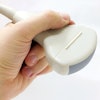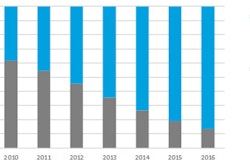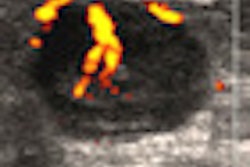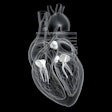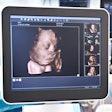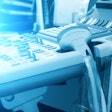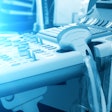Despite guidelines recommending their use, echocardiograms and renal ultrasound are still not often used in adolescent patients with hypertension, according to a study published online in the Archives of Pediatrics and Adolescent Medicine.
In a study of adolescents with "essential" hypertension enrolled in the Michigan Medicaid program, researchers from the University of Michigan found that 24% received echocardiograms and 22% had a renal ultrasound. In contrast, 50% had electrocardiograms (ECGs), which are not recommended for pediatric hypertension.
Current pediatric guidelines recommend laboratory tests and renal ultrasound for all pediatric patients with hypertension to rule out renal disease. In addition, echocardiograms are recommended to assess target organ damage.
A team led by Dr. Esther Yoon reviewed echocardiogram use in adolescents and compared it with ECG and renal ultrasound by analyzing administrative claims data from the Michigan Medicaid program from 2003 to 2008 (Arch Pediatr Adolesc Med, July 23, 2012).
Of the 951 adolescents with "essential" hypertension (hypertension with unknown cause) and antihypertensive pharmacy claims, 226 (24%) had echocardiograms, 207 (22%) had renal ultrasound, and 478 (50%) had ECGs.
The authors also found that boys, younger adolescents, those who had ECGs, and those who had renal ultrasound were more likely to receive echocardiograms.
The patterns of ECG and echocardiogram use raise questions "about the level of familiarity, awareness, or agreement with pediatric hypertension guideline recommendations, and the rationale behind these recommendations," according to the authors.
Further study is needed to understand the rationale behind the diagnostic tests chosen to evaluate target organ damage in adolescents with essential hypertension and to determine treatment effectiveness, the researchers concluded.



